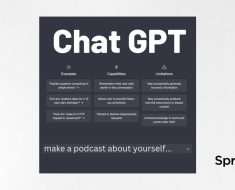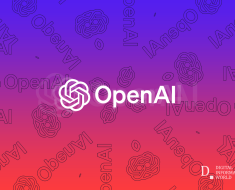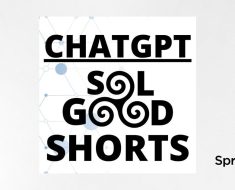Mozilla’s technical lead of AI governance, Nik Marda, says that Meta’s Llama cannot be considered an open-source because of the new definition as well as Google’s Gemma because these models cannot be used limitlessly and they have some restrictions. Marda says that Open-source didn’t have a precise and correct definition in the past years and that’s why many companies believed that their AI model is Open source. Now that the new definition is here, many AI models are not going to be called open source.
A rough definition of open source can be a company changing the platform according to their needs and restricting access if they want. This could lead to many problems like disrupted services and expensive features. Security researchers recently discovered some flaws in Apple devices because of some mistakes in open source code.
Meta isn’t acknowledging the new definition of open source by OSI and Google hasn’t said anything. Meta says that there is not a single and global definition of Open source AI. Meta’s spokesperson also added that they are going to work in the industry with Open source AI even if it doesn’t match the definition. Mark Zuckerberg says that his definition of open source is models which are released publicly with a license.
The Linus Foundation says that categorizing models as open source is going to undermine the term “openness” and this way knowledge cannot be shared freely for inspection. Models which call themselves “open source” often demand licenses and difficult terms and conditions. The Linus Foundation proposed that instead of calling models open and close, we can term them in three types: open science, open tooling and open model. One of the AI writers said that Llama is on a spectrum of openness which means that it isn’t as restricted as other AI models and shows signs of open-source software.
Image: DIW-Aigen
Read next:
• Survey Shows New Social Media Habits Among Teens that Advertisers Should be Aware of
• Survey Shows 61% of the Internet Users are Worried About their Data After their Death





